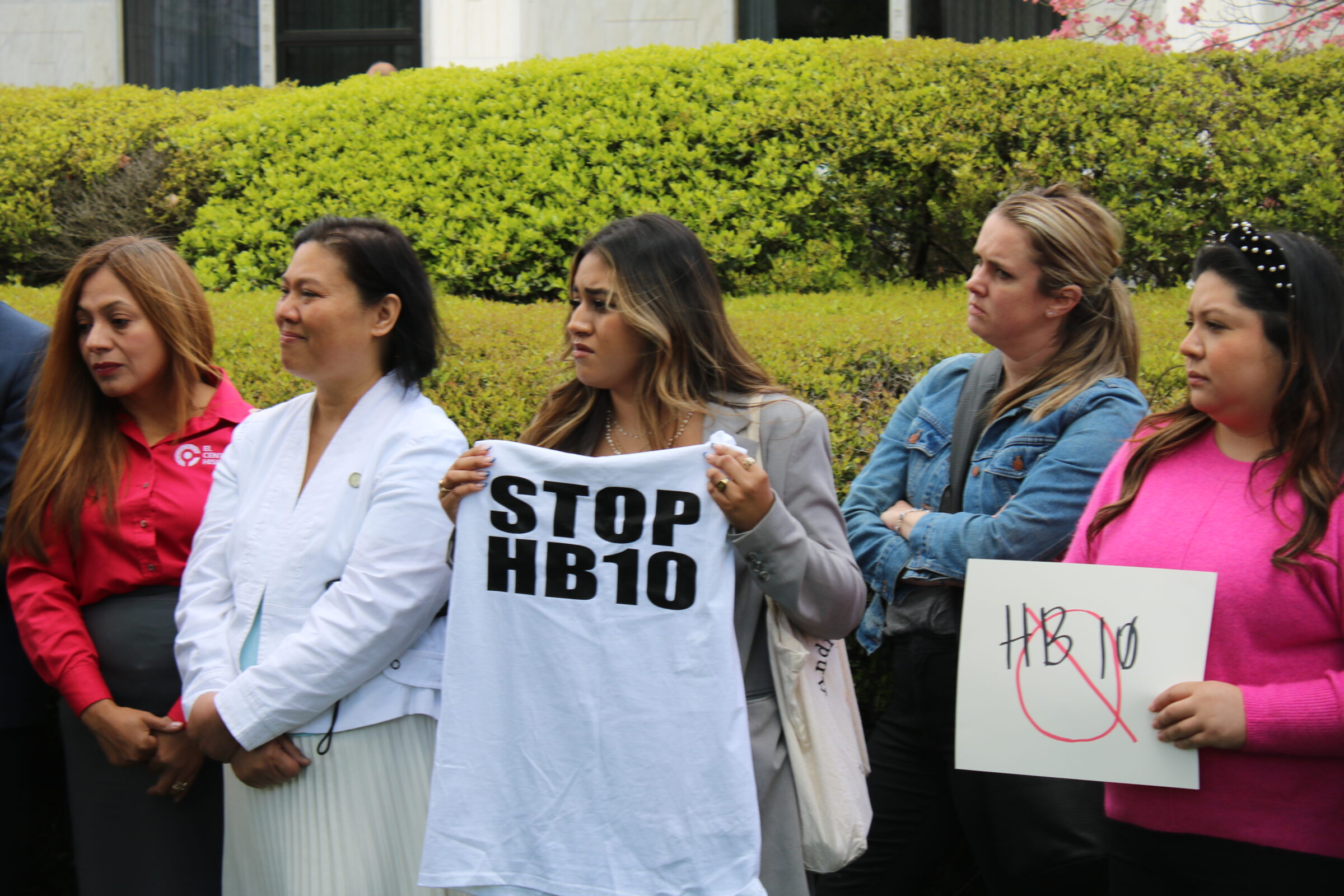North Carolina pushes law to strengthen state collaboration with ICE in immigration detentions
The SB-153 bill in North Carolina aims to require state agencies to establish formal agreements with ICE to facilitate immigration arrests and verify detainees' legal status, intensifying cooperation in immigration law enforcement.

North Carolina is considering a significant legislative move with the SB-153 bill, designed to strengthen collaboration between state agencies and the U.S. Immigration and Customs Enforcement (ICE). This initiative, promoted by Republican senators, seeks to mandate formal agreements between state agencies and federal authorities as mentioned, facilitating immigration detentions and legal status verification for individuals in custody.
The proposal has sparked intense debate within the state, with supporters advocating for stricter immigration law enforcement, while opponents argue that the measure could lead to discrimination and erode trust in local communities. Meanwhile, other bills are attempting to limit local law enforcement's involvement in immigration matters, highlighting the complexity and polarization of the issue in the region.

North Carolina GOP Is Cracking Down on the Black Sheriffs Who Stood Up to ICE. Photo: Bolts.
Background of the SB-153 bill
The SB-153 bill, also known as the "North Carolina Border Protection Act," was introduced by Senate leader, Phil Berger, alongside Senators Warren Daniel and Buck Newton. The initiative requires the Department of Public Safety, the Department of Adult Corrections and the State Highway Patrol to sign agreements with ICE under the 287(g) program. This program allows state officers to conduct immigration-related arrests under federal supervision, expanding immigration enforcement within the state.
In this context, Senator Berger argued in a statement that "North Carolinians will no longer tolerate sanctuary policies that put them at risk". He added: "We must send an equally strong message by demanding that Governor Josh Stein's (Democratic Party) administration cooperate with immigration officials". Supporters argue that the bill enhances public safety by ensuring that undocumented immigrants with criminal records are properly identified and detained. However, critics contend that it could lead to racial profiling and discourage immigrant communities from cooperating with law enforcement, fearing deportation.

North Carolina Republicans complete a veto override of voucher, immigration bill. Photo: Border Report.
Opposition from advocacy groups
Several advocacy groups have voiced their opposition, stating that such measures damage community trust and create an environment of fear among immigrants. They argue that local law enforcement should focus on community policing rather than federal immigration enforcement. Although ‘sanctuary cities’ have been banned in North Carolina since 2015, some municipalities maintained policies that limit cooperation with ICE. SB-153 seeks to eliminate these policies by allowing crime victims to sue local governments that don't cooperate with immigration authorities.
While North Carolina has seen previous attempts to strengthen cooperation with ICE, this latest proposal aligns with broader national discussions on immigration policies. If passed, the bill could set a precedent for other states looking to expand their role in immigration enforcement.
